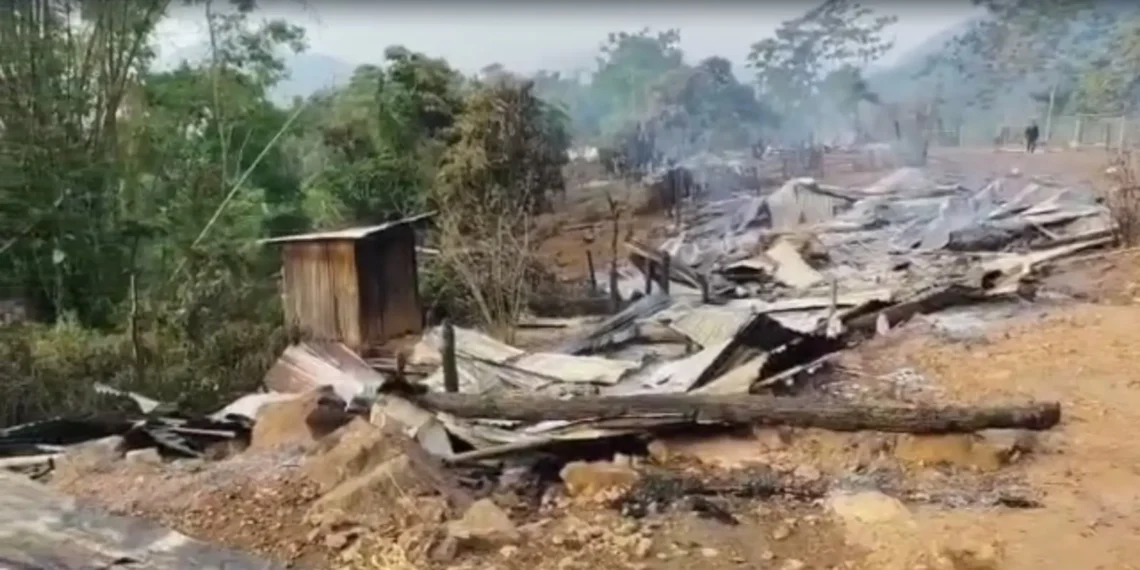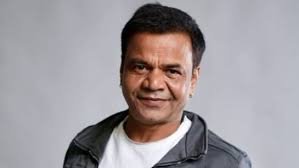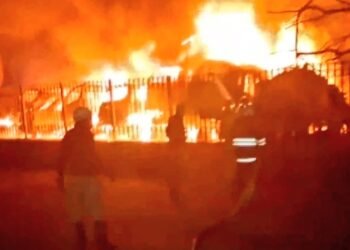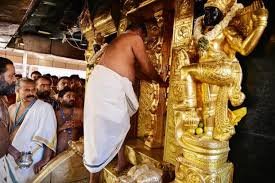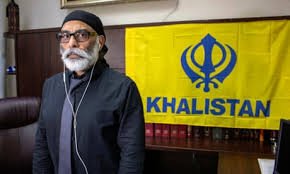BY PC Bureau
On April 23, 2025, the remote Kuki villages of Gampal and Haiyang in Manipur’s Kamjong district, near the India-Myanmar border, were engulfed in flames. Unidentified armed assailants stormed the villages around 9 AM, setting fire to homes, a church, and other structures, leaving devastation in their wake. More than seven thatched-roof houses were reduced to ashes, displacing families and shattering the fragile peace in this Naga-dominated region. Three days later, no arrests have been made, and the National Socialist Council of Nagalim (NSCN-IM), widely suspected by locals and Kuki organizations, has denied involvement. The Kuki community is now raising a piercing question: Why does their suffering elicit so little outrage compared to similar incidents in mainstream India?
A Brazen Attack in Broad Daylight
The arson attack occurred while most villagers were out tending their fields, a time when the villages were particularly vulnerable. The assailants, described by some as wielding sophisticated weapons, left behind a trail of destruction that included not just homes but also a church—a sacred space for the predominantly Christian Kuki community. The Kamjong District Magistrate, Rangnamei Rang Peter, responded swiftly by imposing an indefinite curfew and prohibitory orders under Section 163 of the Bharatiya Nagarik Suraksha Sanhita, citing risks to public tranquility and human lives. Yet, the lack of arrests or concrete leads has deepened the community’s anguish and mistrust.
Also Read: Pahalgam Attack: All-Party Meet Discusses Security Lapses
Kuki civil society organizations (CSOs), including the Kuki Inpi Manipur, Kuki Students’ Organisation, Kuki Chiefs’ Association, Kuki Women Union, and Kuki Women Organisation for Human Rights, issued a joint statement condemning the “heinous attacks” that “terrorized innocent Kuki civilians.” They demanded immediate rebuilding of the torched villages, fair compensation for affected families, deployment of neutral security forces, and provision of essentials like food, medical aid, and shelter for the displaced. Their pleas, however, have been met with a deafening silence from both authorities and the broader Indian public.
NSCN-IM’s Den
While all eyes & ears were upon Pahalgam, 2 Kuki Villages Gampal & Haijang, Kamjong Dist on the 23rd Apr 2025 wherein some miscreants armed with sophisticated weapons suspected to b NSCN(IM),brazenly stormed the villages in broad daylight & set homes ablaze. @PMOIndia @HMOIndia pic.twitter.com/kAR6To1gIG
— SPrem (@Ngambom39011) April 24, 2025
ial
Suspicion initially fell on the NSCN-IM, a Naga insurgent group engaged in a ceasefire with the Indian government since 1997. Social media posts and statements from Kuki individuals, such as one by@Ngambom39011 on X, alleged that NSCN-IM cadres, possibly crossing from Myanmar, carried out the attack. Another post by @FlorenceGuite_ drew parallels to a 2020 incident in Chassad village, where over 160 Kuki homes were allegedly destroyed by NSCN-IM’s Tangkhul cadres. These claims, however, remain unverified, and the NSCN-IM has categorically denied involvement, leaving the identity of the perpetrators shrouded in uncertainty.
The absence of clarity fuels speculation in a region already scarred by ethnic tensions. Kamjong, a Naga-majority district, has witnessed friction between Nagas and Kukis, exacerbated by broader ethnic conflicts in Manipur. Since May 2023, clashes between the Meitei and Kuki-Zo communities have claimed over 258 lives and displaced more than 59,000 people. The recent attack on Gampal and Haiyang, however, highlights another fault line—between Kukis and Nagas—underscored by a rare act of solidarity from the Naga village of Kachouphung, which opened its homes to displaced Kuki families.
A Cry for Sensitivity
The Kuki community’s frustration extends beyond the immediate tragedy to a broader sense of marginalization. “When temples or mosques are attacked in mainland India, the media erupts, and politicians rush to condemn,” said a Kuki Students’ Organisation spokesperson. “But when our churches and homes are burned, where is the outrage? Are we not part of India?” This sentiment echoes across X posts, with users like @RasushAnkitaamplifying the CSOs’ demands for justice and questioning the apathy toward Kuki suffering.
The contrast between the #PahalgamTerroristAttack and the #GamphalTerroristAttack is stark and alarming.
In Jammu & Kashmir, each bullet fired made headlines, every loss was deeply mourned, and every attack received a robust response. Yet, the recent devastating assault… pic.twitter.com/WVszeoZdxd
— Sumkawn (@Sumkawn) April 25, 2025
The disparity in attention is stark. Incidents of communal violence in states like Uttar Pradesh or Delhi often dominate national headlines, prompting swift political responses and investigations. In contrast, Manipur’s ethnic strife, particularly in remote hill districts like Kamjong, rarely garners sustained media focus. The Kuki-Zo community, predominantly Christian and living in Manipur’s underdeveloped hill regions, feels doubly marginalized—geographically isolated and culturally sidelined in a nation where Hindu-majoritarian narratives often dominate public discourse.
ALSO READ: Love in Orbit, Vows in Venice: Bezos and Sanchez Aim for the Most Lavish Wedding Yet
As the Kuki community demands answers, the authorities face mounting pressure to deliver. The deployment of neutral security forces, as requested by Kuki CSOs, could restore some confidence, but only if accompanied by a transparent investigation. The rebuilding of Gampal and Haiyang, coupled with fair compensation, is not just a logistical necessity but a moral imperative to signal that Kuki lives matter.
The Indian government’s broader approach to Manipur’s ethnic conflicts also needs reevaluation. The Ministry of Home Affairs’ attempts to broker dialogue between Meitei, Kuki-Zo, and Naga representatives, as seen in April 2025, have faltered, with warring communities refusing to share space. A more inclusive, sustained effort, prioritizing the voices of marginalized groups like the Kukis, is essential to break the cycle of violence.



